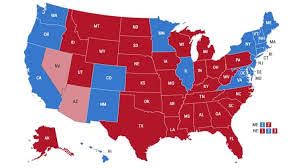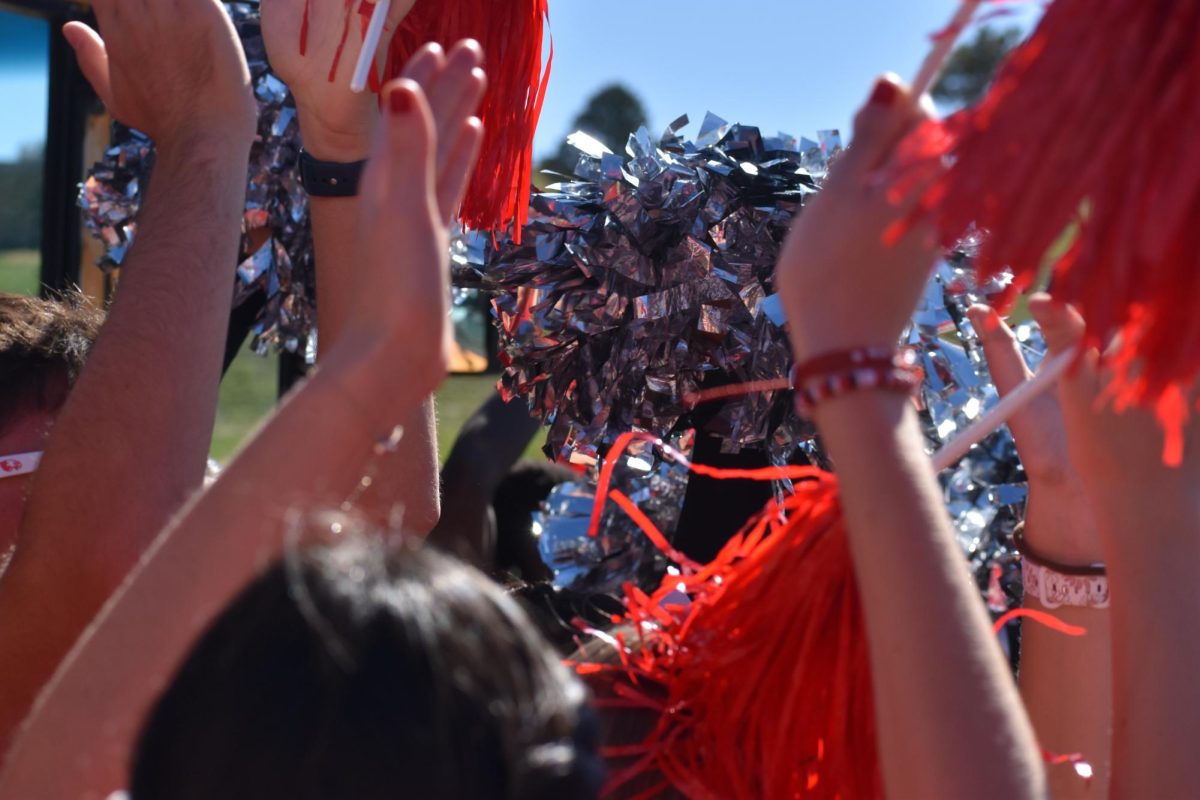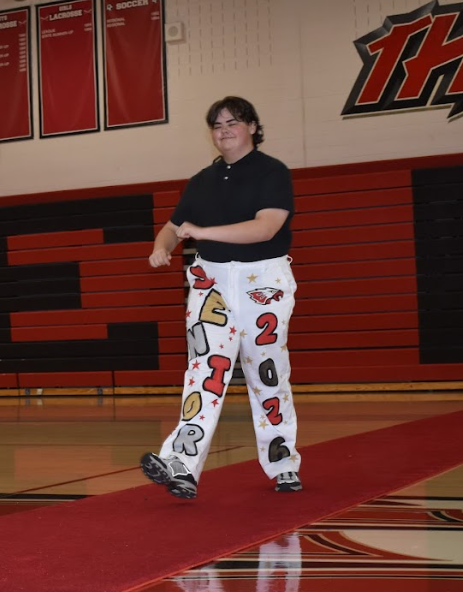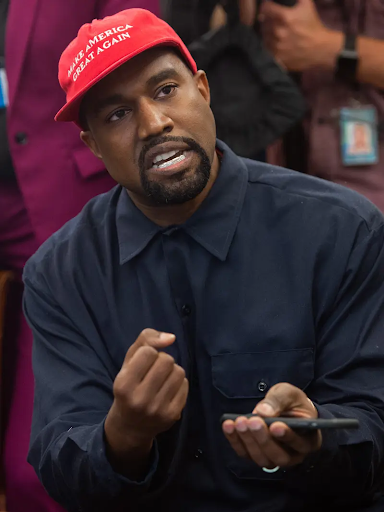
Every 4 years, on the first Tuesday of November, a crucial day arises for the U.S. It is election day, which means that the next president of the United States will be selected. Election day fell on November 5th this year. It is usually filled with a large range of emotions. Some feel thrilled, motivated and excited to take on a new chapter of American history, while others end up feeling sorrowful, angry, or even nervous. The one thing that’s for certain is that most Americans are filled with anticipation and anxiety while they wait for their preferred candidates’ votes to increase enough for them to secure their victory. This year, it was a very close race between the Republican candidate Donald Trump and the Democratic candidate Kamala Harris. Trump ended up winning with 277 electoral votes, compared to Kamala Harris’s 224 electoral votes. He won the popular vote with 51% of American voters supporting him, while only 49% supported Harris. Some members of this year’s senior class even voted in their first election!
“I think it’s important to vote so that you can have your own opinion heard and so that you can change the direction of our country for better and not for worse,” said senior Blake Kubat.
There is a large population of baby boomers because of the baby boom that occured after World War Two ended in 1945. Because of this, there are more elderly political participants than younger ones. Most of these “older” voters are around the age of sixty five or above. Since the elderly are in a drastically different stage of life than people around the age of eighteen, they tend to prioritize issues that play a bigger role in their daily life, such as medicare and/or social security. In order for young adults to obtain their favored results from issues on their ballots, they must step up and vote, since those who are older than them could very well vote against what they favor or not put any effort into what they think matters the most in society today.
This year’s election could have been perceived as one of the most important in American history. This is likely because of the candidates. Donald Trump is not what many would consider your typical “Republican”. He doesn’t follow traditional Republican values, in regards to government spending, trade and economics, foreign policy, populism over conservatism, and his political style and rhetoric. Before his first 4 year term in office as the president in 2016, he was a wealthy businessman. He had no history in the world of politics. His thirty four felony counts also have people questioning if he’ll be the best fit to lead our nation. On the other hand, Vice President Kamala Harris entered the presidential election race in an atypical manner. President Joe Biden decided to drop out of the race in July, only 4 months before the election. Some Democrats were surprisingly relieved to hear this news, as they thought the eighty two year old would not be healthy enough to take on another four years of presidency. After stepping down, he endorsed Harris, who could have been America’s first female president. Some did not approve of Harris’s record as California’s Attorney General. She made strides on environmental justice and housing, but her office was also involved in defending the state’s death penalty. She faced backlash for not doing more to address wrongful convictions. Inflation/prices, immigration, jobs and the economy, abortion, healthcare, climate and the environment, national security, taxes and government spending, civil rights, eduction, civil liberties, guns, crime, foreign policy, and criminal justice reform are essentially more significant than ever right now, with the conflicts that America has been confronted with over the past few years. All of these topics were being voted on. They are all very crucial, as they will change the way America operates. Specifically for seniors, their main focus is on matters regarding college and how much they will pay to obtain levels of higher education.
EHS spotlights the election to keep its students up to date and informed. Sophomores enrolled in either AP U.S. government and politics, or a grade level, semester long, government class, had to complete assignments, quizzes, and/or lectures that involved them with the election. In other social studies based classes, teachers ensured that their students learned something new about the election too. Teachers have been careful to not share their political preferences with their classes to avoid unnecessary and unwanted drama and allow their students to choose which party they want to follow, solely based on the facts. They remain neutral and steer clear of swaying others mindsets, which is definitely for the best, especially in the public school setting. School is not the only resource that students have to help them gain a clear understanding of where their political values lie.
““Kids often utilize their parents and want to be like them,” said senior Paige Rauen. “so they follow their political views, whether they’re conservative or liberal.”
Children grow up listening to what their parents say. They take in nearly everything they tell them and let it influence them as they grow into themselves. At dinner, relaxing in the living room watching the news, on car rides, etc, parents talk about political leaders and their opinions on them and what is going on not only nationally, but also internationally. Most kids stay true to their parents beliefs. It is extremely irregular for kids to switch up their political orientations as they age.
A lot of stuents must be wondering how they can still be influential if they are not yet old enough to vote. Taking action is always a great way to go. To do so, you can share petitions, join campaigns, and organize events based on the causes that you care the most about. Organizing protests and spreading awareness on social media are also ways people take action. When enough people use their collective voice to call for change, big things can happen. Additionally, U.S. citizens under or above the age of 18 could join or volunteer with a political party. Getting involved with organizations that are making a difference and knowing your rights are important too. The list of organizations that you can work with/in are nearly endless. By staying up to date with politics, you can learn a lot more eabout how you can benefit your community and alter America for the better. Knowing all of your rights could leave you surprised ans satisfied with your voting and prevoting eligibility.
The 2024 presidential election was a big deal not only for EHS, but also for the rest of the world.







